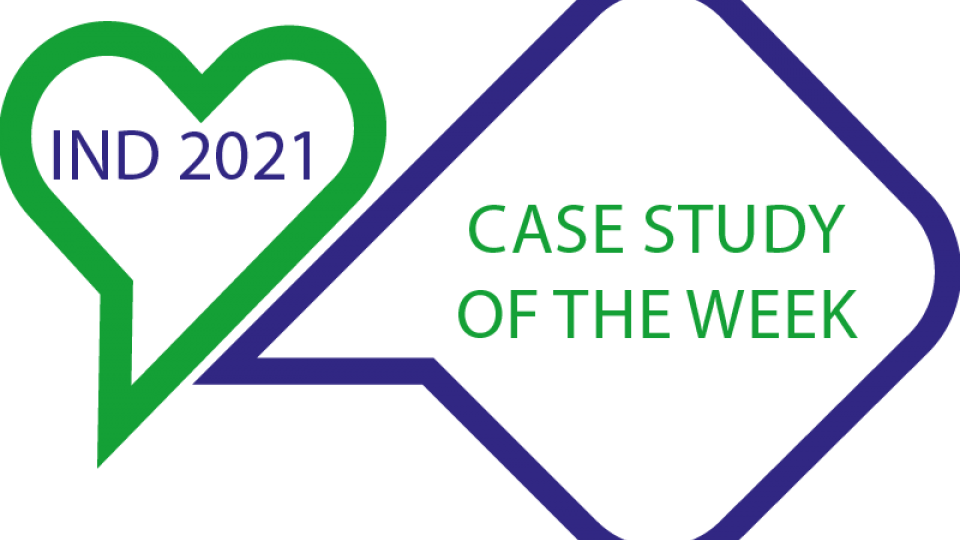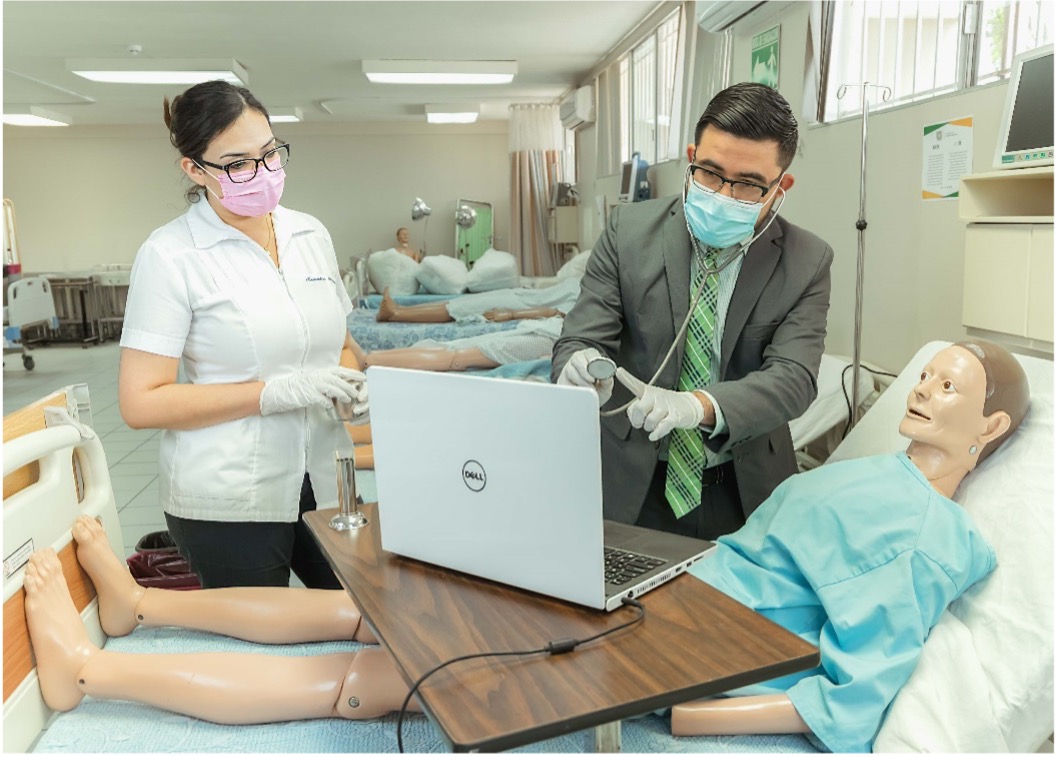Clinical Teaching during COVID-19

Contributors: Nuhad Dumit, BSN, MA, PhD; Lina Younan, RN, MSN, DNP; Ghada Najjar, BSN, MMS, PhD; Gladys Honein AbouHaidar BSN, MPH, PhD,
On World Teachers’ Day, 5 October, we bring you the story of some innovative faculty at the American University of Beirut, Hariri School of Nursing, who responded to the challenges of the pandemic by changing and adapting their clinical instruction in response to the emerging crisis.
As the cases of COVID-19 started to increase in Lebanon and the lockdown was implemented, the faculty of Nursing at the American University of Beirut (AUB) moved all the course theory to online teaching. A big challenge related to clinical teaching, especially for senior students who needed to complete within one month the clinical hours required for three major courses: psychiatry and mental health, community and public health nursing, and leadership and management. Furthermore, the mental health clinical settings and the community centres stopped accepting nursing students in order to protect their patients; and the referral medical centre closed some units and restricted the number of students. In addition, many students were worried about clinical work due to fear of catching the virus.
A faculty meeting was held to discuss the challenges and brainstorm innovative solutions. The aim was to help students fulfill the learning outcomes of their courses and be prepared to serve in different care settings during the pandemic. The faculty agreed on two objectives: to convert as many clinical assignments as possible into online activities; and to complete the mandatory clinical hours on time while maintaining students’ safety.
Clinical assignments were converted to online activities for the three courses. In the psychiatry course, mental health faculty members guided the students on collecting information about the virus to use in an awareness campaign on COVID-19 and its effect on mental health. The students conducted education sessions about COVID-19 to the University staff, students and visitors using posters. For the community course, the home visits intervention assignments were done virtually, and students were asked to prepare a health teaching activity about COVID-19 and its precautionary measures to their family members. Some students were involved in community services at non-governmental organisations, such as the Red Cross, during the lock down; these activities counted towards their clinical experience.
Completing the mandatory clinical hours in a third of the time was the biggest challenge that required an innovative solution. The solution was to integrate the clinicals of the community, psychiatry and leadership courses by designing clinical assignments that met the learning outcomes. The faculty responsible for the three courses coordinated and set an implementation plan accordingly. Each student had to complete a community outreach in addition to their assigned clinical work. For the leadership clinical requirement, they were expected to prepare a discharge plan for their patients that incorporated COVID-19 precautions. and conduct a follow-up with their discharged patient 24-48 hours later to check their post-discharge condition and emphasize practices to remain healthy to address their community clinical requirements. Students selected patients in their clinical areas to assess their mental health status and identify coping patterns and mental health concerns to meet the requirements of the mental health course. All students successfully completed the courses’ clinical requirements and considered the learning experiences very rewarding This innovation is unique. It is the first time the clinical experiences of three senior courses have been taught in an integrated format. This enabled the students to experience nursing care in a comprehensive and holistic manner. What made the implementation a success was the efficient planning and the effective coordination among the Dean, faculty members, students and nursing service of the medical center. The President and administration were supportive and offered students on-campus housing when the country was under lockdown. Faculty supported each other and students during the clinical rounds. Course instructors formed a WhatsApp group with students to communicate when needed. Nurses on the units were supportive and acknowledged this win-win situation. The students helped support the nursing shortage on the units.
This was a challenging but successful experience for the faculty members that helped modify the nursing courses to ensure students learned how to integrate and apply knowledge gained in different courses. The experience will build and inform next semester’s clinical rotations and integrated experience.
